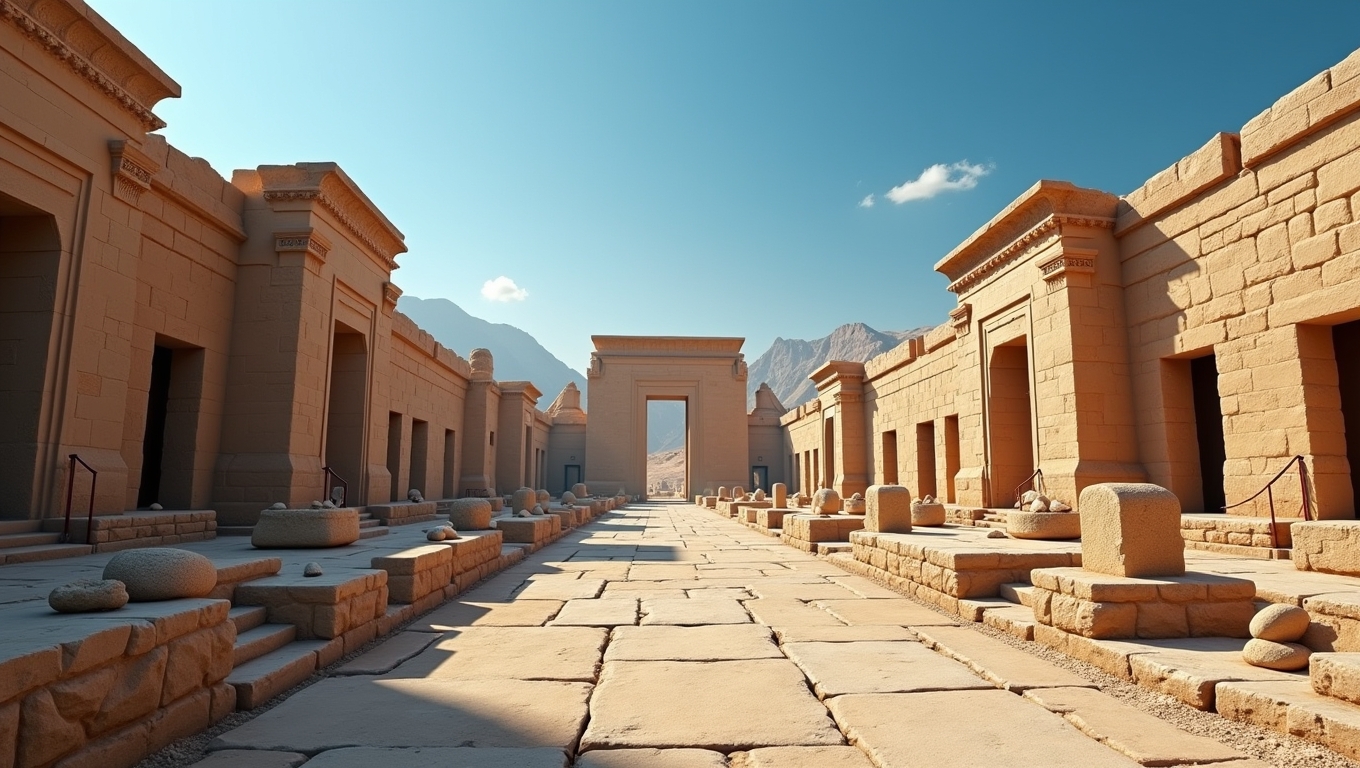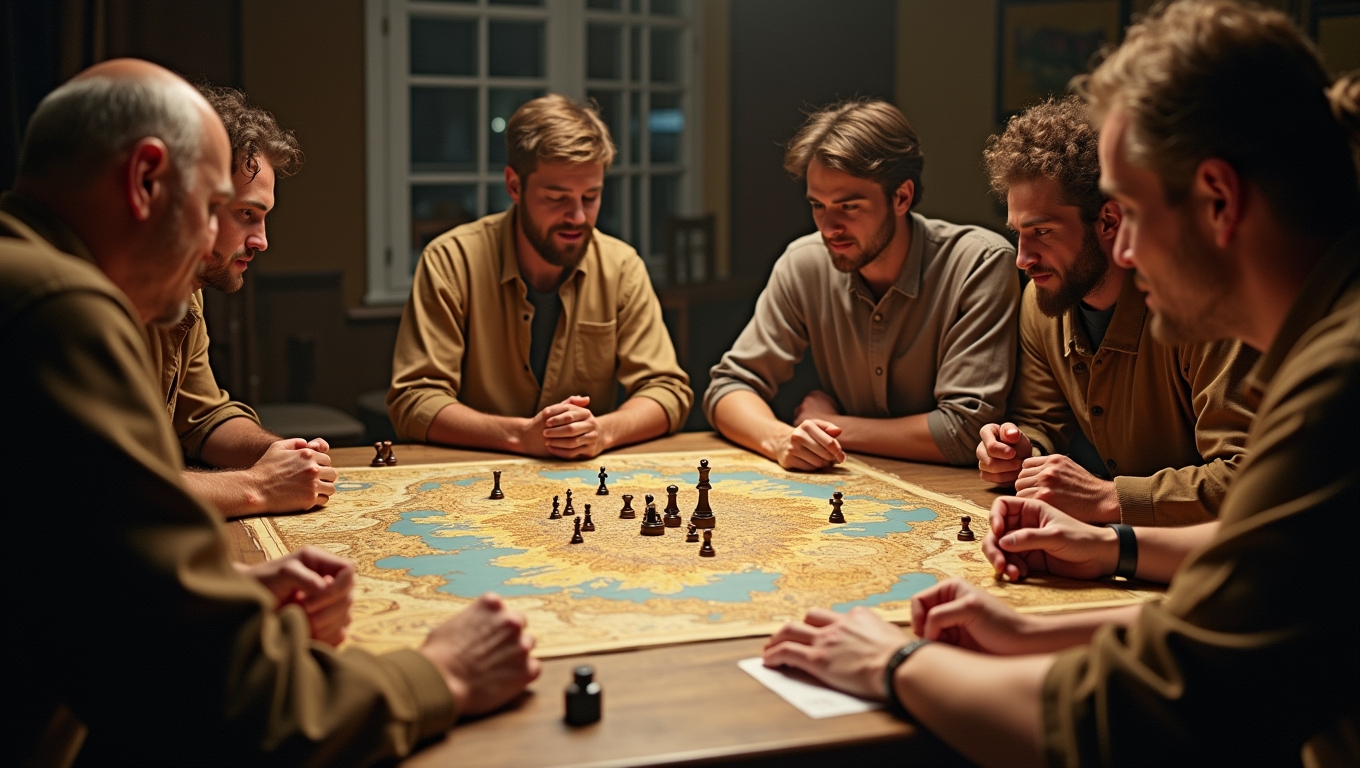Understanding the past can illuminate our path forward. The lessons from ancient civilizations are invaluable, offering insights that remain relevant today. From the governance of empires to their cultural practices, these ancient societies provide a treasure trove of knowledge. By studying their successes and failures, we can navigate our modern challenges more effectively.
Governance and Leadership
One of the most significant lessons from ancient civilizations is the importance of governance and leadership. The Roman Empire, for instance, showcased a complex system of laws and a structured government that allowed it to thrive for centuries. Their approach to civic duty and public service emphasizes how vital leadership is in maintaining a stable society. Modern leaders can draw inspiration from the democratic principles of ancient Greece, where citizen participation was encouraged, and decisions were made collectively. These examples remind us that effective governance requires accountability, transparency, and active citizen engagement.


Cultural Resilience and Adaptation
Another key takeaway is the adaptability of ancient cultures. The ability to evolve in response to environmental changes and societal needs is a lesson that resonates today. The Egyptians excelled in agricultural innovation, utilizing the Nile’s flooding patterns to enhance crop production. Similarly, the adaptability of the Incas in the Andes Mountains demonstrates how civilizations can thrive despite geographical challenges. This resilience teaches us the importance of innovation and flexibility in our approaches to contemporary issues, such as climate change and resource management.
Social Structures and Community
Ancient civilizations also provide insights into social structures and community building. The communal living observed in the early Mesopotamian societies highlights the significance of collaboration for survival and prosperity. These societies thrived through trade, shared resources, and collective efforts, illustrating that community bonds are essential for overcoming obstacles. In today’s world, fostering strong community ties can enhance social welfare, reduce isolation, and promote mutual support.
In conclusion, the lessons from ancient civilizations are diverse and profound. They remind us that our current challenges are not new; they echo the trials faced by those who came before us. By learning from their governance, adaptability, and community structures, we can build a brighter future. Embracing these lessons can lead to more resilient societies, informed leadership, and a deeper understanding of our shared human experience.
Some content and/or images on this page were created using AI.





